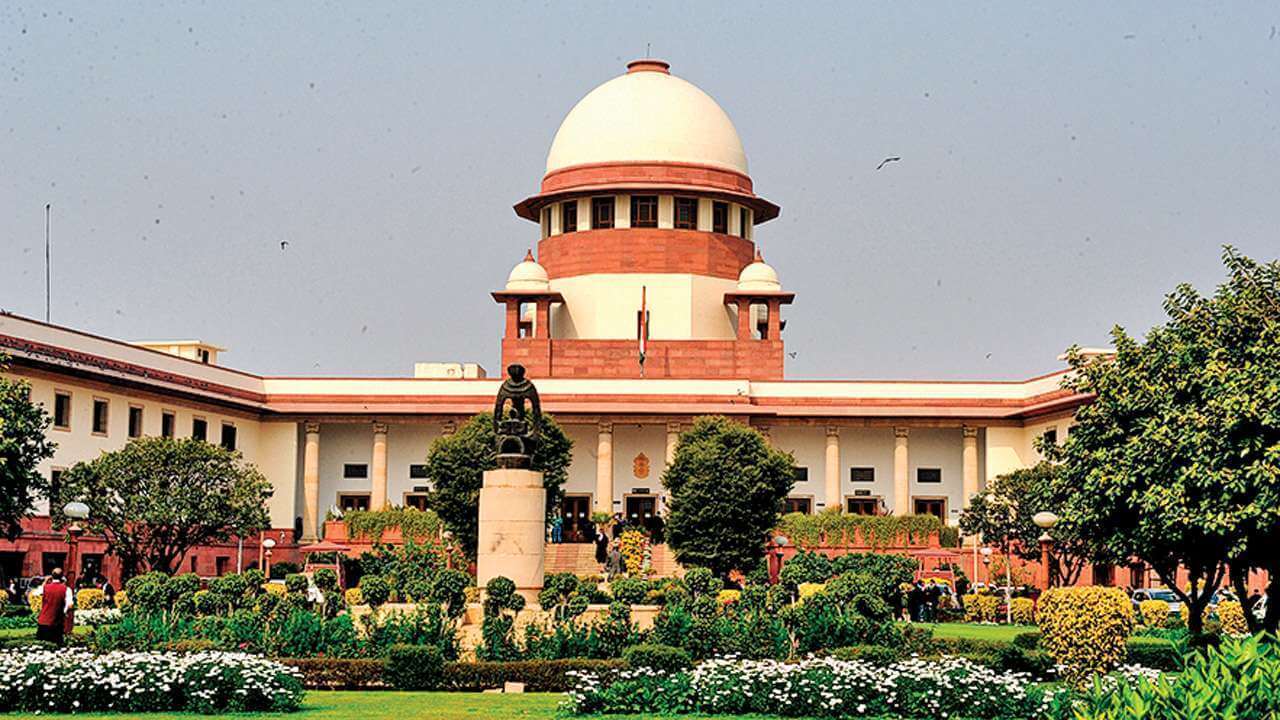
The Supreme Court on Wednesday issued an order directing the Centre and the Delhi government to jointly compile their arguments in the plea filed by the Delhi government challenging the Central government’s law that interferes with the elected power in controlling services. The new law establishes the supremacy of the Lieutenant Governor over the elected NCT government.
A bench, comprising Chief Justice D.Y. Chandrachud, Justice J.B. Pardiwala, and Justice Manoj Misra, heard senior advocate Abhishek Singhvi, who represented the Delhi government, urged the bench to expedite the matter by listing it before a five-judge Constitution bench.
Expressing the frustrations of the Delhi administration, Singhvi said, “I can’t express the agony of the (Delhi) administration.” In response, the Chief Justice remarked, “There are older Constitution bench matters, and there are two seven-judge bench matters also coming up. All these are also important and are pending for years.” The Chief Justice indicated that the case might be listed for a hearing after some time.
However, the bench instructed Singhvi and Additional Solicitor General Sanjay Jain to collaborate and determine the legal issues to be addressed by the Constitution bench regarding the services dispute. They also designated Shadan Farasat as the nodal counsel and instructed both parties to prepare their submissions within four weeks before considering a listing.
Previously, on 25 August, the Supreme Court had granted permission to the Delhi government to amend its petition challenging the Central government’s ordinance, which established the supremacy of the lieutenant governor over the elected administration in controlling services. The amendment was necessary because the ordinance had been replaced by a law.
The top court had acknowledged Singhvi’s submissions that the initial challenge was against the ordinance, which had since become a law after passing through both houses of Parliament and receiving presidential assent. The bench allowed the amendment and asked the Centre to file a counter-affidavit, if necessary, within four weeks.
The Government of National Capital Territory of Delhi (Amendment) Bill 2023, also known as the Delhi Services Bill, was recently approved by Parliament, granting the Lieutenant Governor significant control over service matters, and it became law after receiving the president’s assent.
Before this, the Supreme Court had referred the Delhi government’s plea challenging the Centre’s 19 May ordinance, which stripped control over services from the city administration, to a five-judge Constitution bench. This move had sparked a new conflict between the two power centres.
On 19 May, the Centre promulgated the Government of National Capital Territory of Delhi (Amendment) Ordinance, 2023, establishing an authority for the transfer and posting of Group-A officers in Delhi. The Aam Aadmi Party (AAP) government viewed it as a contradiction of the Supreme Court’s ruling on service control, and the matter remains unresolved in the Supreme Court.
Before the ordinance, a five-judge constitution bench led by the Chief Justice had sought to resolve the longstanding dispute between the Centre and the Delhi government, triggered by a 2015 Home Ministry notification asserting control over services. The bench declared that the National Capital Territory administration has a unique status under the Constitution, distinct from other Union Territories, and should have control over bureaucrats. This is essential to uphold the principle of collective responsibility.
The new law establishes a National Capital Civil Service Authority to manage the transfer, posting, and disciplinary actions of Group-A officers from the Delhi, Andaman and Nicobar, Lakshadweep, Daman and Diu, and Dadra and Nagar Haveli (Civil) Services (DANICS) cadre.
The Chief Minister is one of the three members of the Authority, while the other two are bureaucrats. Decisions of the Authority are made by a majority vote, and in cases of disputes, the matter is referred to the LG, whose decision is considered final. Before the Supreme Court’s ruling on 11 May, the executive control of the transfer and posting of all Delhi government officers was vested in the LG.















